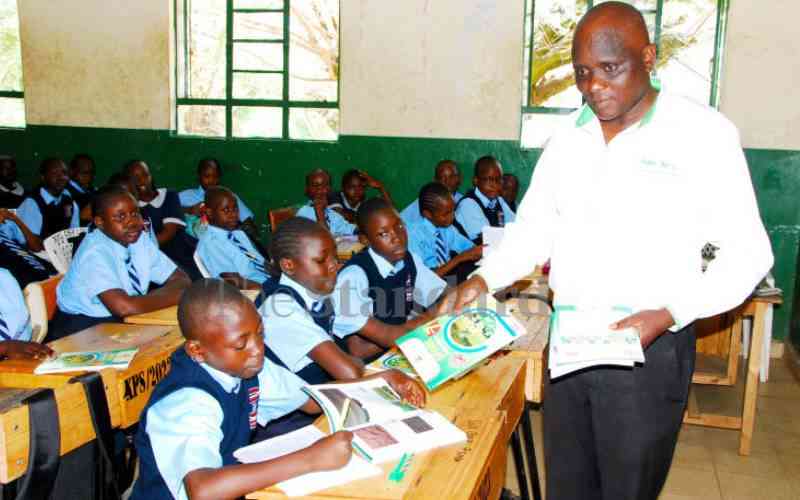×
The Standard e-Paper
Stay Informed, Even Offline

The Kenya National Union of Teachers appreciates the gains made through President William Ruto's efforts to streamline our education sector.
Our country has had challenges within the education sector that have slowed the progress of education, but with the current regime's approach, we are certain and hopeful that the sector shall thrive.